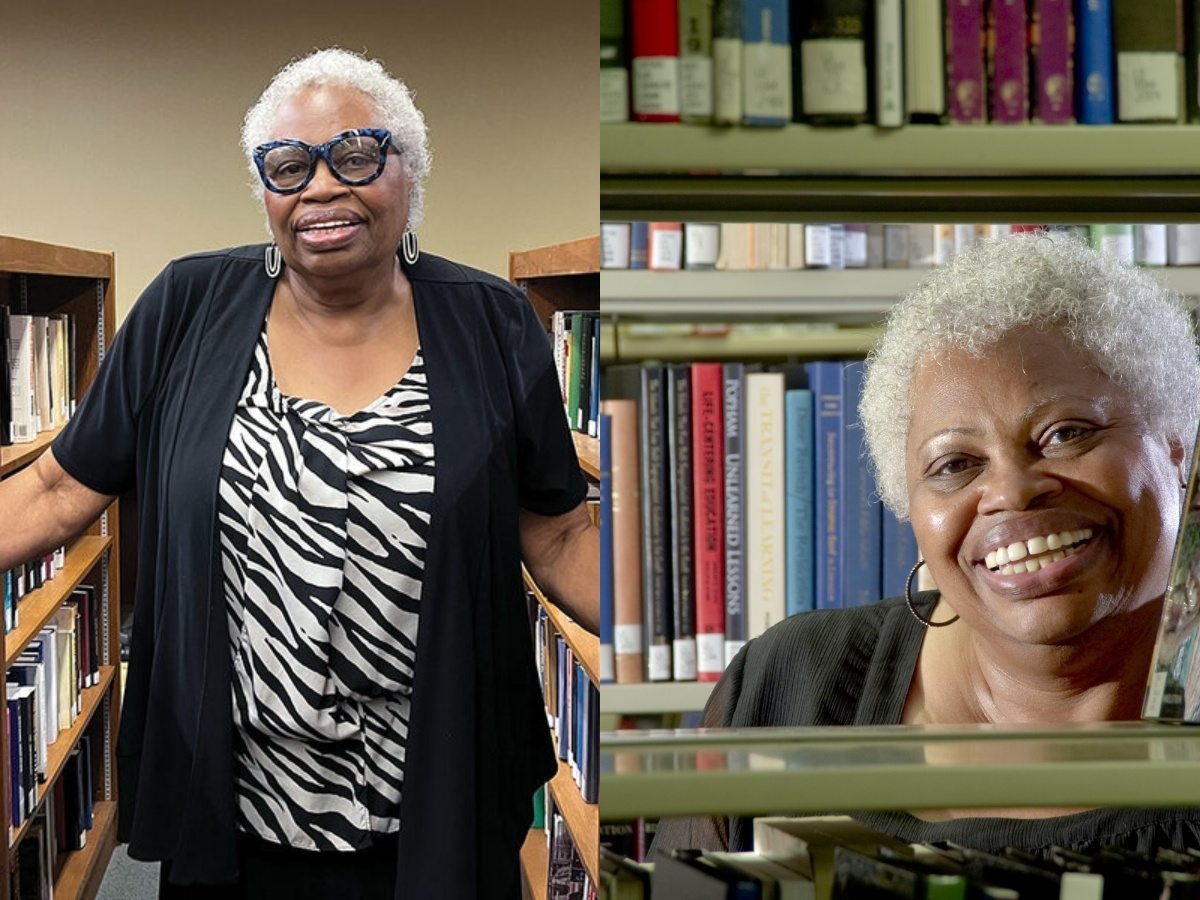Frazine Taylor, a Black genealogist, made a significant impact on the lives of many Black Americans by helping them uncover their family histories.
As an archivist at Alabama State University, Taylor meticulously sifted through documents in which individuals were often reduced to numbers, names were misspelled, and racially segregated records left gaps in family trees.
Despite these challenges, Taylor, a passionate genealogist and author, loved her work. Before her passing, she reflected on her approach to genealogy.
“I used to like detective stories,” Taylor once said. “That’s what family history is—finding a little piece here and a little piece there.”
Taylor, who passed away in July, was committed to teaching young people the importance of knowing their family history.
READ ALSO: Meet the 2 Black women poised to make U.S. Senate history this election
“Self-worth. That’s important,” she said. “I can sit here and tell you about my family all the way down to some parts of slavery. I feel proud of that.”
In the decades following the Civil War, Black Americans collectively owned an estimated 16 million acres of land. However, by the turn of the century, 90% of that land had been lost or stolen, leading to a nearly $326 billion loss in wealth, according to the American Bar Association.
Taylor noted that we may never fully understand the extent of enslaved people’s lives and contributions because many records are missing or obscured, making the lines of ownership difficult to trace.
One of Taylor’s most notable contributions was helping Josephine Bolling McCall uncover the truth about her father’s life and death.
“In family history, we start with ourselves and work backward,” Taylor said.
McCall’s father, Elmore Bolling, was lynched in 1947 when she was just five years old. A successful businessman, he was targeted by a white mob due to his achievements.
“Some people were lynched for merely crossing the street in front of a White person,” McCall said. “My father was lynched because he was doing good. He hadn’t committed a crime. They wanted to cut him down because he was setting the wrong example for Blacks in the community.”
READ ALSO: Top 10 African countries becoming popular for citizenship among the wealthy
That “wrong example,” McCall explained, was simply “achievement and helping others to achieve.”
With Taylor’s help, McCall wrote a book documenting her father’s story—a story she didn’t fully know until she was 35 years old. Despite the tragedy, McCall says her family never harbored anger.
Earlier this year, Taylor spoke to CBS News while undergoing chemotherapy. Though she had partially retired, her passion for teaching remained strong. She continued to encourage the next generation to explore the past through her book and classes on archival research. At Alabama State, she shared her knowledge with young archivists, including Kashonda Murphy.
“The past is important because it gives us insight into the future,” Murphy said. “If you don’t know where you’re from, you don’t know what’s ahead of you.”
Taylor acknowledged that genealogy can be emotionally challenging.
“It will make you mad,” she said. “It’ll make you not want to do any more research. But who’s going to document it so that grandkid, or that kid, can be proud of their family? Not what happened to them, but because of who they were.”
Taylor passed away at 79 after battling cancer. By her own estimate, she helped nearly 10,000 people reconnect with their ancestral past.










